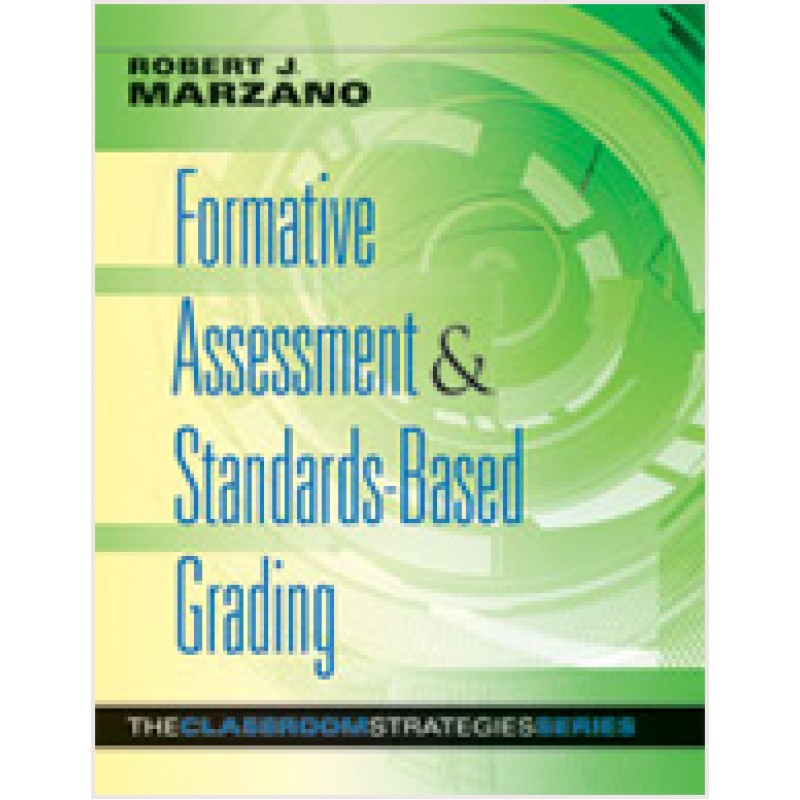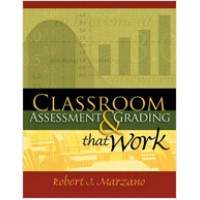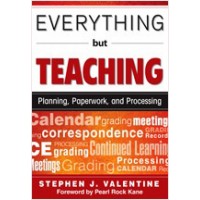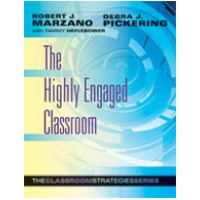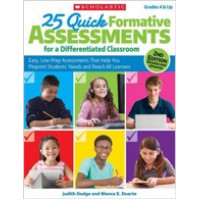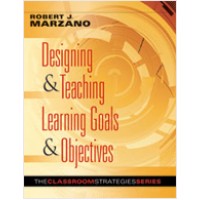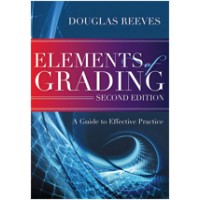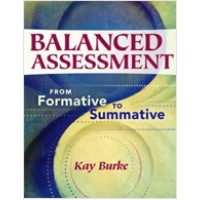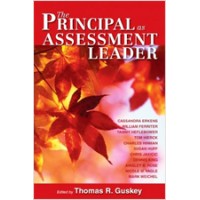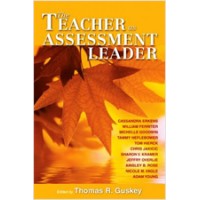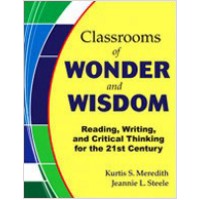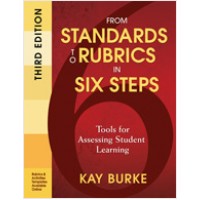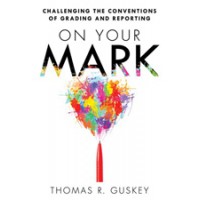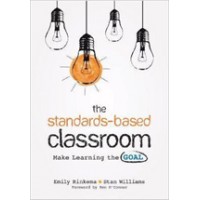Formative Assessment & Standards-Based Grading, Nov/2009
| Author(s) | Robert J. Marzano |
| ISBN10 | 0982259220 |
| ISBN13 | 9780982259221 |
| Format | Paperback |
| Pages | 184 |
| Year Publish | 2009 October |
Synopsis
Learn everything you need to know to implement an integrated system of assessment and grading that will enhance your teaching and your students’ learning. Dr. Robert J. Marzano details the specific benefits of formative assessment—assessment that is used during instruction rather than at the end of a course or unit. He explains how to design and interpret three different types of formative assessments, how to track student progress, and how to assign meaningful grades, even if a school or district continues to use a traditional grading system. Detailed examples brings each concept to life, and exercises help reinforce the content.
The second book in The Classroom Strategies Series, this clear, highly practical guide follows the series format, first summarizing key research and then translating it into recommendations for classroom practice.
Benefits
- Identifies three types of formative classroom assessments that should be used in a comprehensive system and explains how to design them
- Explains the difference between “standards-based” and “standards-referenced” systems
- Explains why it is usually inappropriate to use the 100-point scale in conjunction with formative assessment
- Describes a systematic approach to the design and use of rubrics
- Presents four basic approaches to tracking student progress and provides reproducible grade sheets
- Discusses the use of technology in tracking progress and generating reports
- Addresses the issue of grades for teachers using formative approaches
- Includes an appendix that clearly explains the concept of effect size
- Provides exercises to help readers assess and reinforce their understanding of the new strategies
“Once again, Bob Marzano has brought world-class clarity and analysis to two profoundly important factors that affect student learning: formative assessment and grading. His findings and the practical actions he recommends are vital if we truly intend to educate ever-larger proportions of students.”
—Mike Schmoker
Author and consultant, Flagstaff, Arizona
“Robert Marzano cuts to the heart of assessment and grading in this essential book. Although there is a mountain of research on the impact of feedback on student learning, teacher feedback is impotent unless it is accurate, timely, and designed to improve performance. With compelling evidence and practical exercises, this book builds a necessary bridge from theory to practice.”
—Douglas B. Reeves
Chairman, The Leadership and Learning Center, Salem, Massachusetts
“In this very practical and readable book, Marzano presents four different approaches to integrating formative assessment and grading, one of which may be just right for your school context. All four approaches distinguish between formative scores and instructional feedback, emphasize tracking student progress over time, and have a place for student-generated assessments—essential features to keep the focus on student learning.”
—Susan M. Brookhart
Consultant, Brookhart Enterprises, LLC, Helena, Montana

